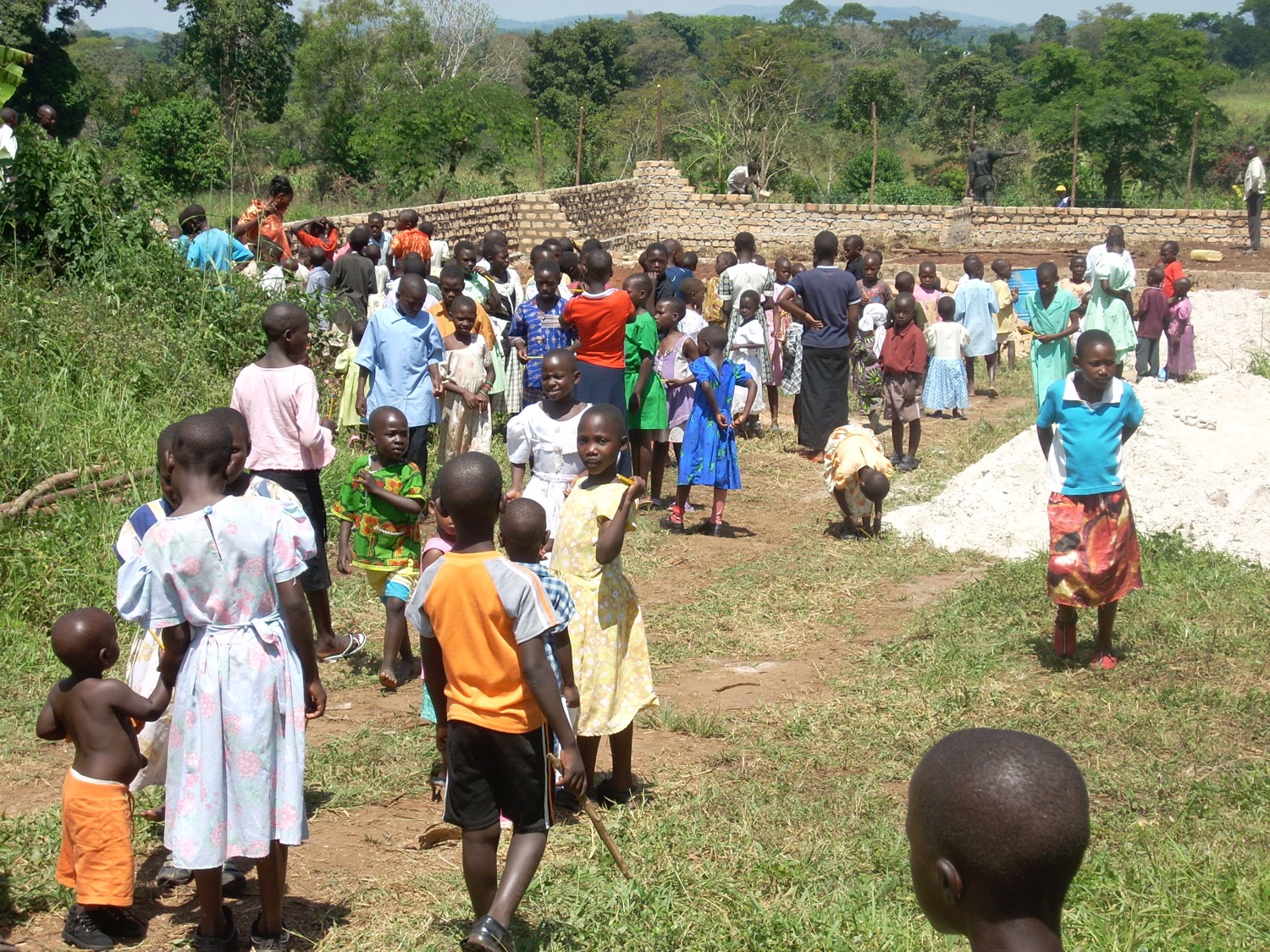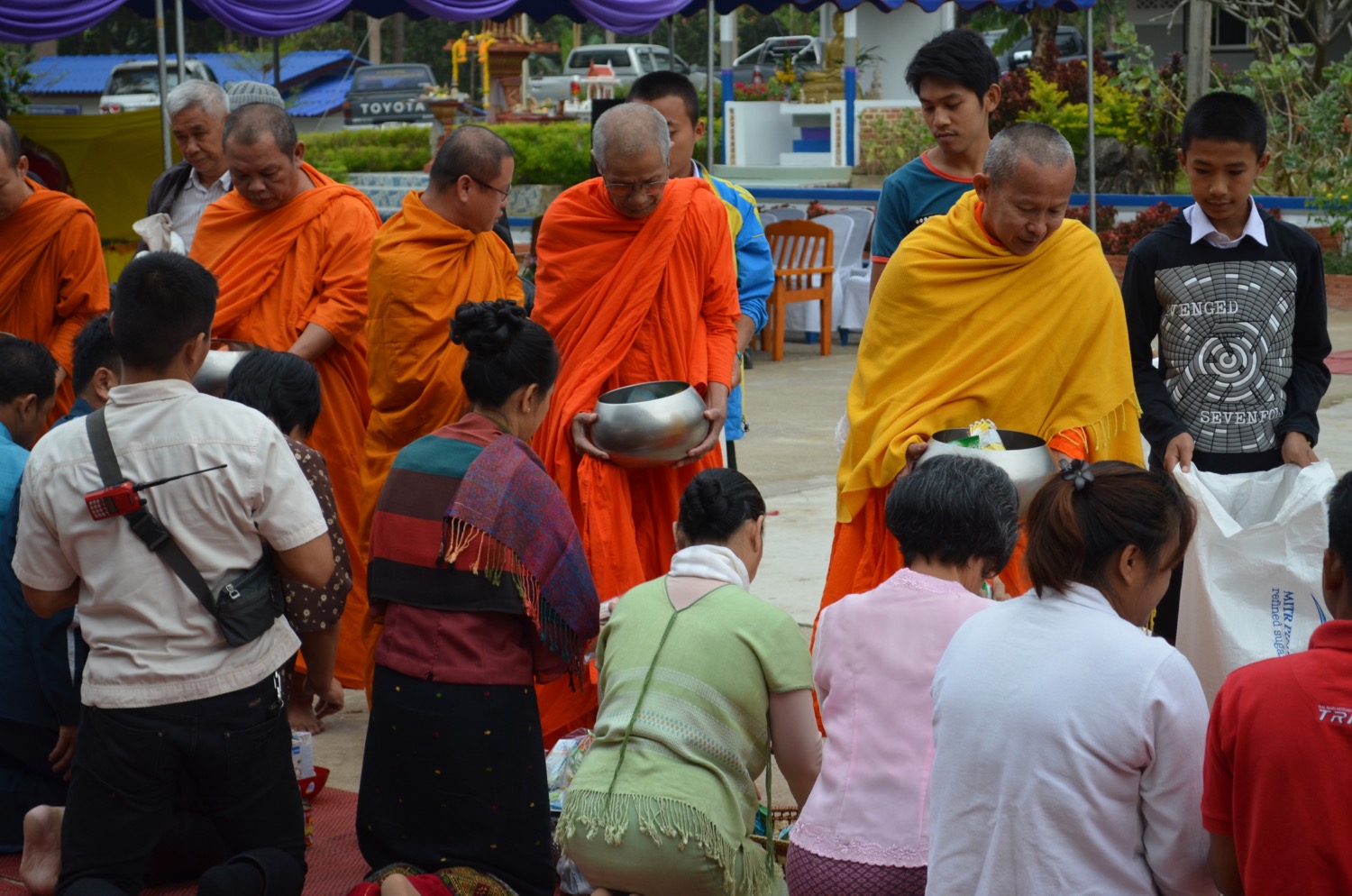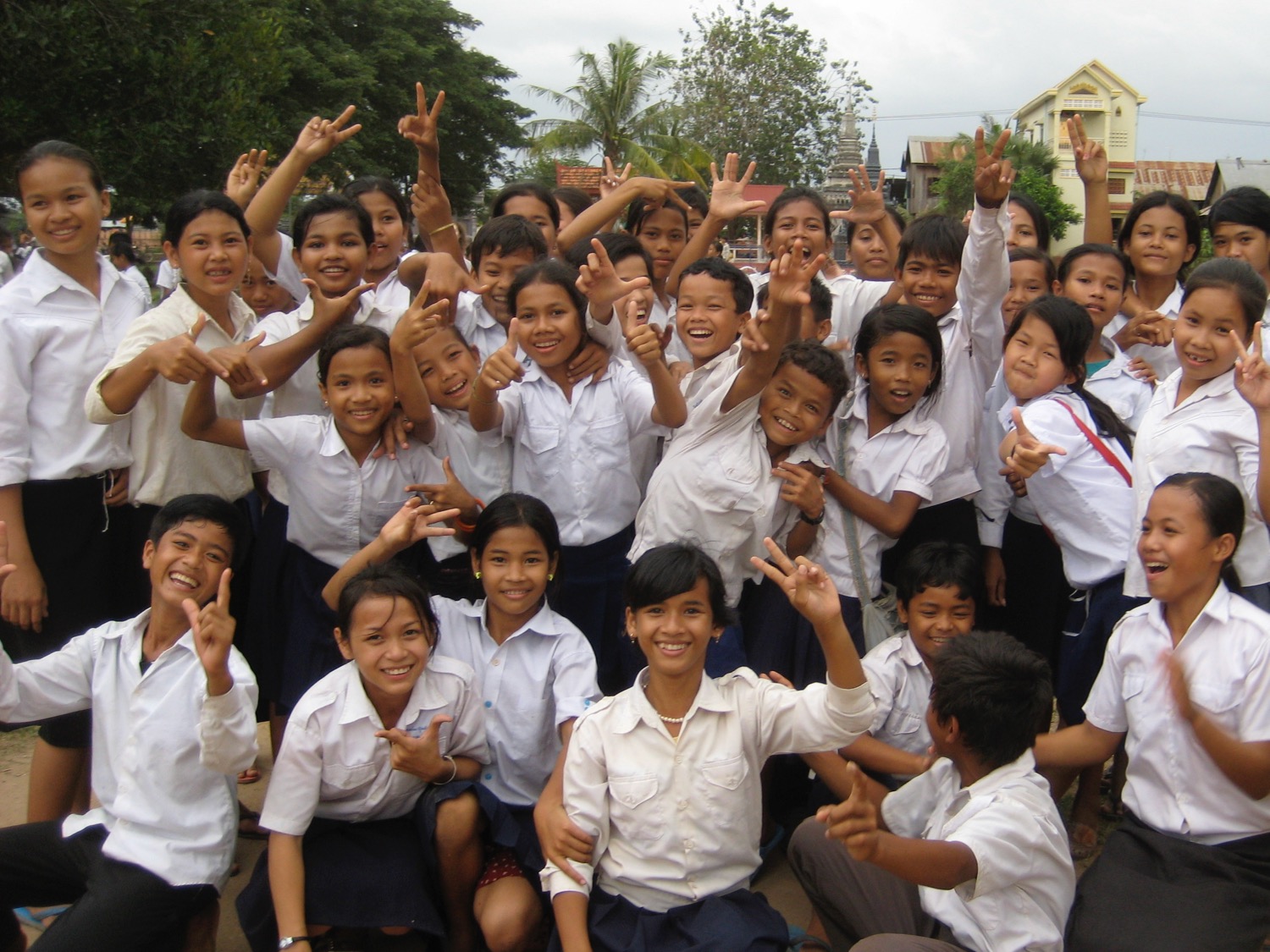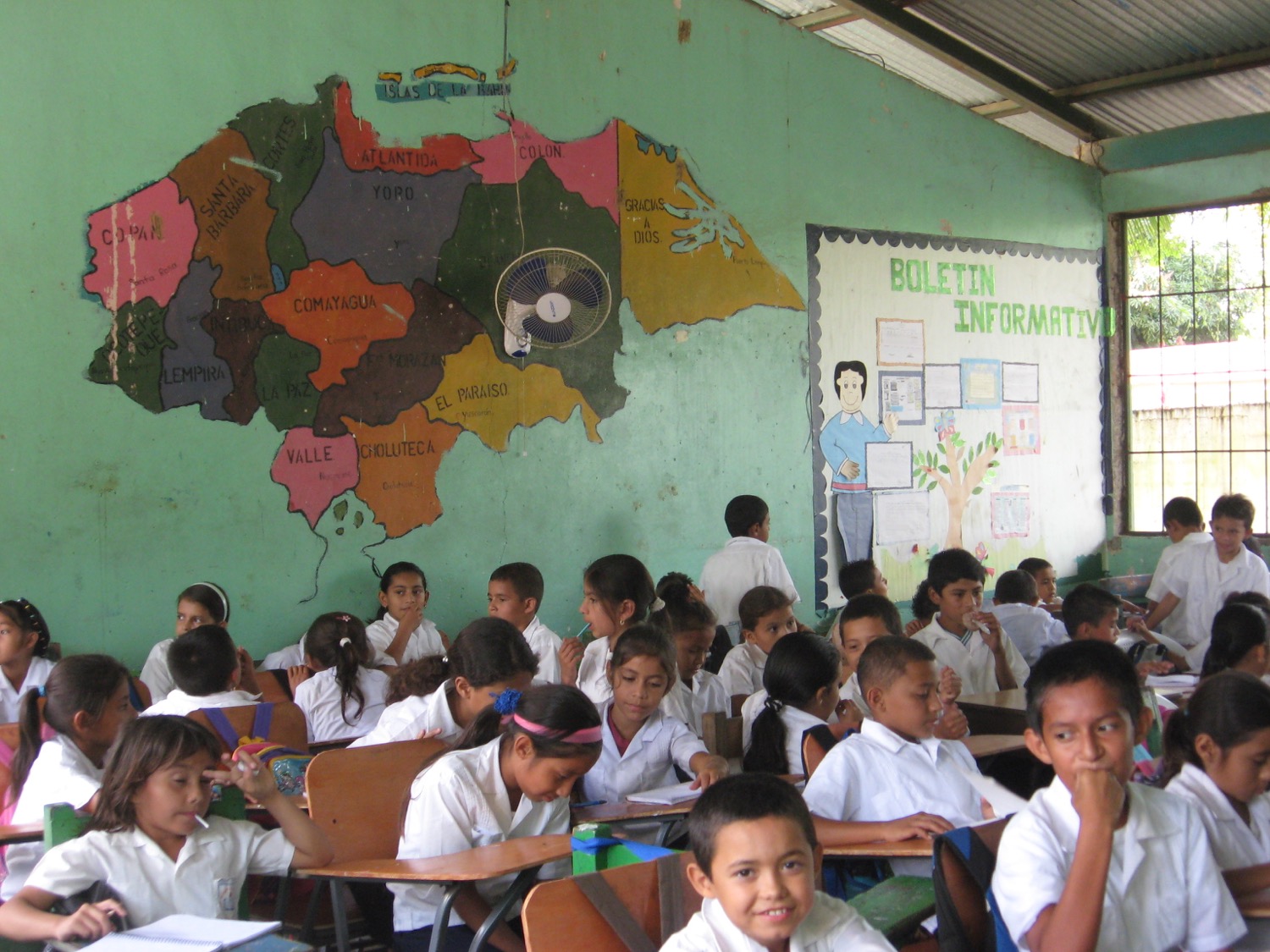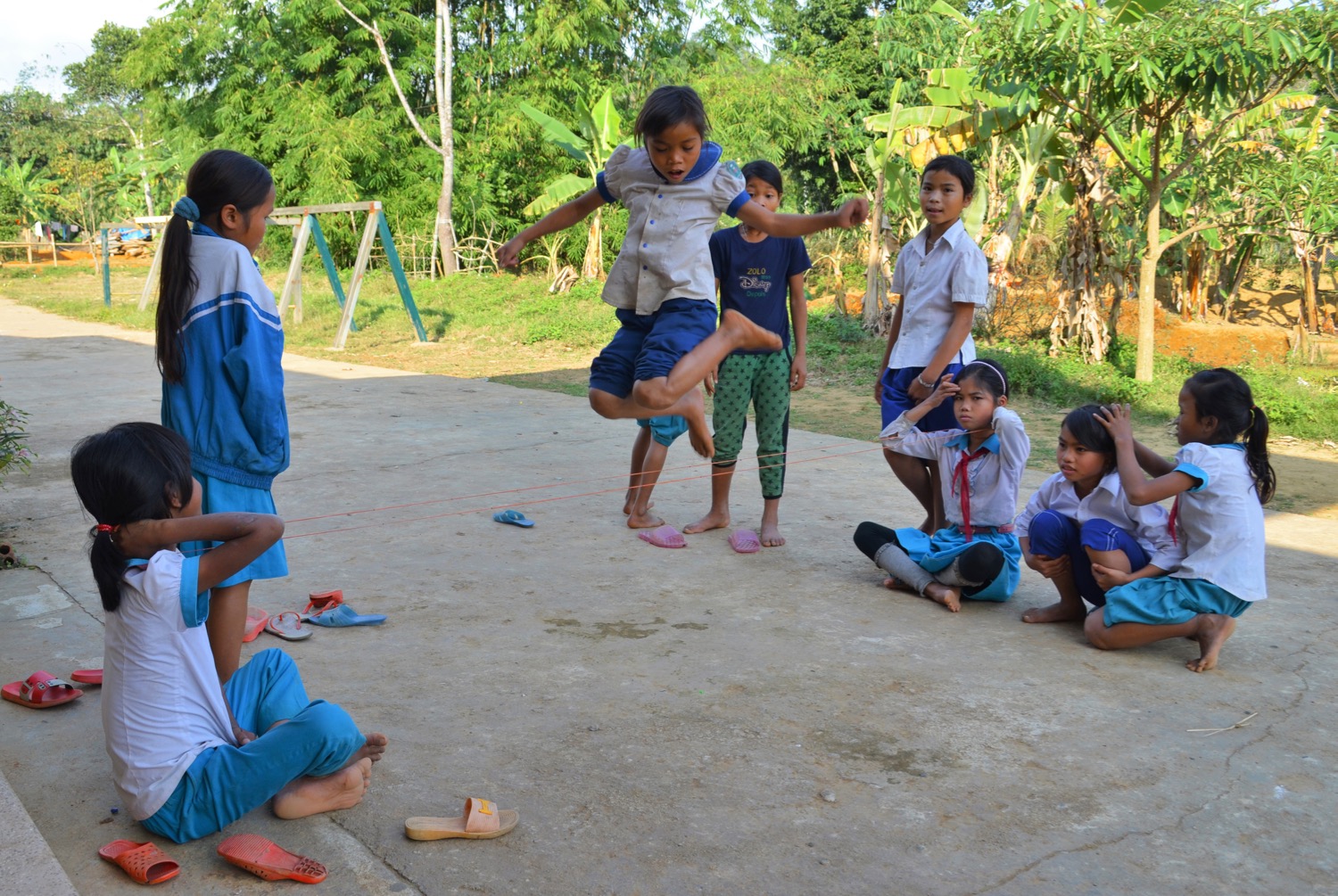Cross-cultural Curriculum
This course aims to inspire cross-cultural dialogue between participating students and instructors. Many of the activities will lead to the creation of materials that can be shared and discussed between classrooms across the globe. Educators are also encouraged to create their own activities for each topic that are best suited for their students. If they so choose, educators can share these activities with Global Playground with the ultimate goal of creating a varied database of
cross-cultural activities that can be used by people in every culture. Students will work to further their personal understanding of culture and how it impacts their own self-understanding and perspectives. This course will cover a variety of topics that compose the meaning of culture (i.e., food, language). Through the study of these topics, similarities and differences between cultures will be identified and students will work to recognize their possible implications.
Week 1: What is Culture?
- What are the basic needs of survival that all groups encounter?
- How does a group’s culture develop from solving the problem of survival?
Week 2: Features of Culture
- How do the means of providing for basic needs become a group’s culture?
- What are the common features found across cultures?
Week 3: Cultural Identity vs. Personal Identity
- What does culture mean to you?
- What does community mean to you?
- What is your culture? (Do you have a culture?) How does this make you feel?
- What are the differences and similarities between culture and ethnicity?
Week 4: Language
- How does one’s language influence one’s culture and vice versa?
- How does language influence how one thinks?
- What do you think about the idea of one universal language?
Week 5: Food
- How is food reflective of one’s culture?
- In what ways is food a mechanism for crossing cultures?
- How can food be used to understand cultural differences?
Week 6: Clothing
- How does clothing demonstrate aspects of one’s own culture?
- What is the relationship between ways of dress and self representation in different cultures?
- How do styles of clothing reflect ideas of beauty?
Week 7: Music/Dance
- How does music or dance reflect deeper cultural values?
- How has song and dance evolved within your culture over time?
- Why is it important to sing?
- Why is it important to dance?
Week 8: Art
- What is art?
- How can art be reflective of my community and my culture?
- How is art representative of my country’s natural landscape? Cultural values? History?
- How does art change across national boundaries?
- Why does art matter?
Week 9: Celebrations and Holidays
- Why do we celebrate?
- How can celebrations represent culture? How can they facilitate cultural transmission?
- What are the biggest celebrations in my culture?
- What are the biggest celebrations around the world?
Week 10: Places
- What are the defining attributes of my home/school?
- How do these attributes shape my local culture?
- How do the “places” in my community differ from “places” around the world?
- If I could change one thing about my home/school, what would it be?
Week 11: Sports
- How have sports developed/evolved in my community?
- What is the purpose of sports? What are the benefits of sports to a culture?
- How can sports act as a catalyst of globalization?
Week 12: Politics
- How does national governance impact culture? Culture impact governance?
- How engaged is my community in local politics? National politics?
- What are the common forms of governments around the world?
- What are the advantages/disadvantages or my country’s political structure?
Week 13: The Environment
- What is the collective attitude towards the environment in my community?
- What can I do to change this attitude? To help save our planet?
- How can climate change, or rather, our response to climate change, promote a global process of cultural fibrosis?
- What are the most urgent environmental problems in my community? How do these differ around the world?
Week 14: Religion
- Is religion important to my culture? Around the world?
- What is my religion? What are the most popular religions around the world?
- How is religion a bad thing? How is it a good thing?
- How does religion shape cultural values?
Week 15: Talking about Differences
- What is a stereotype?
- What is culture shock?
- Are cultural differences beneficial or detrimental? Or neither?
- How can we resolve cultural differences?
Week 16: Bridging Cultural Boundaries
- What is empathy? What are some examples?
- What is cultural sensitivity? What are some examples?
- How can you develop cultural sensitivity and awareness?
- How do you best learn about other cultures?
Week 17: Design Your Own Culture (Cumulative Project)
- What are the required components for a culture to exist?
- Are some components more important than others?
Week 18: What is Culture, really?
- What were your initial ideas about culture?
- What are your current ideas about culture?
- How can we encourage cross-cultural dialogues in our daily lives?
- How can we increase our cultural sensitivity?
- How can we educate others about cultural differences and sensitivity?


